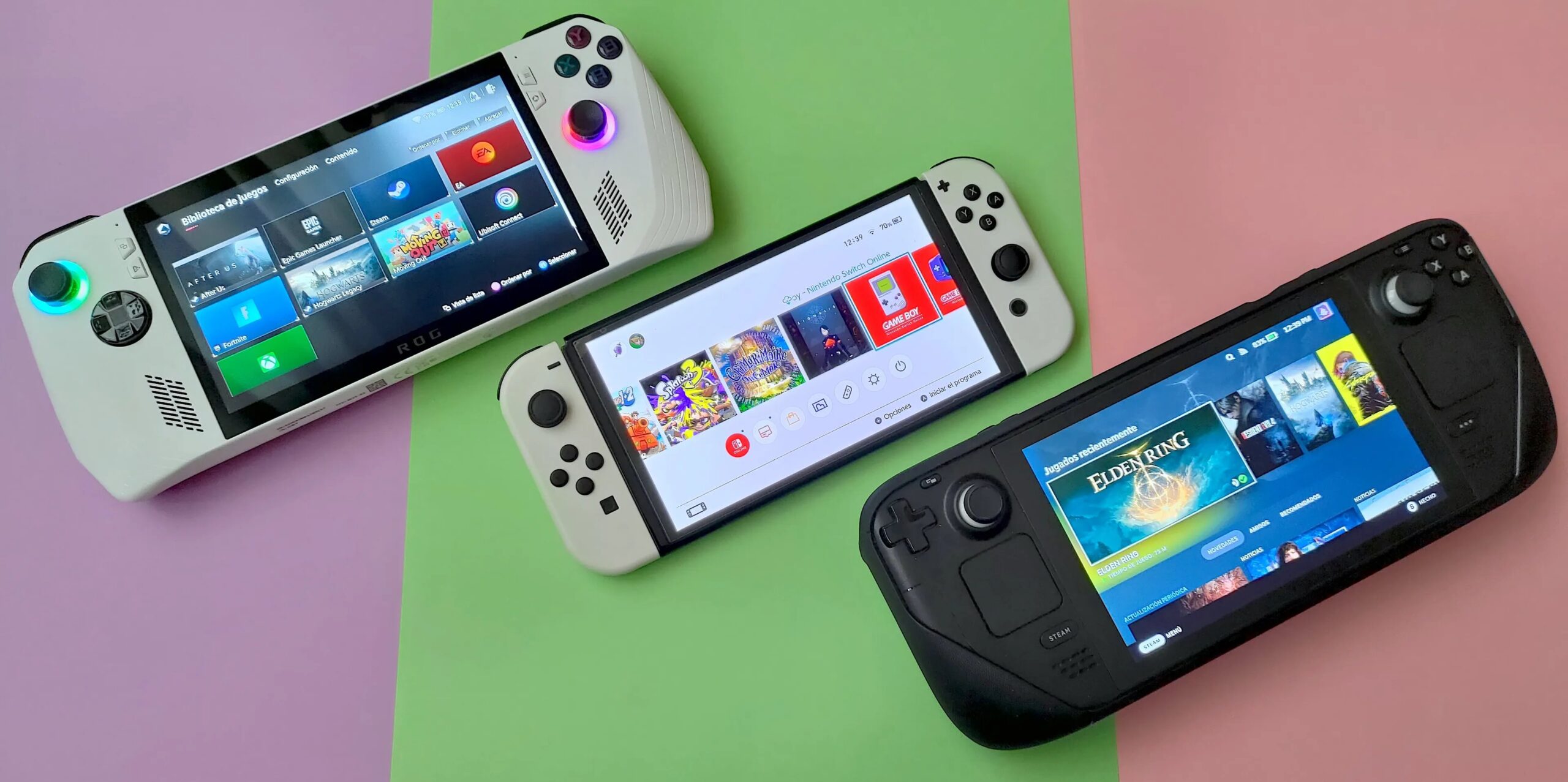Valve is magnanimous about there being room in portable PC gaming for everyone.
Valve has revealed how they see Steam Deck in the portable handheld PC gaming market.
It could be argued that GPD was the true innovator in the portable handheld PC when they released the GPD Win in 2016. However, when Valve released the Steam Deck in 2022, it expanded these devices from a niche, expensive, hard to access product, to a mainstream product category.
And Valve certainly had their growing pains in making it happen, but no one questions that they got it there. And their success was the impetus for other big-name companies to enter the market as well.
While the likes of GPD, AYN, and Aya Neo continued to cater to their loyal user bases, Windows OEMs Lenovo and ROG came out with the Legion Go and Ally, respectively. And now we see even more OEMs coming in, with the latest being MSI and their Claw PC handheld.
In an interview with Australian outlet Reviews.Org, Lawrence Yang and Yazan Aldehayyat, who worked on designing the Steam Deck, talked about this burgeoning market.
Yang made it clear that they don’t see it as an “arms race”, saying:
“A lot of people are entering the category, which is really exciting for us. When we originally shipped the Steam Deck, our hope was people would see this is a new kind of thing.
It’s not a laptop and it’s not a console handheld, but it’s a PC as a handheld. And our hope was that we would be able to kickstart this category and there would be more of them very soon.”
Aldehayyat said that he likes that more companies have jumped in, saying:
“We love the idea that a lot of companies are working on improving the experience of playing games outside of your office or away from your computer.
So seeing people try all kinds of stuff and seeing what sticks and what doesn’t, and just improving that for users, users should be very excited about it. We’re very excited about it and we’re kind of curious to see where that ends up being.”
The two were also asked about making annual upgraded versions of the Steam Deck, in the same way that their peers in the market are planning. Yang explained that they would not be doing so, and why:
“It is important to us, and we’ve tried to be really clear, we are not doing the yearly cadence. We’re not going to do a bump every year. There’s no reason to do that.
And, honestly, from our perspective, that’s kind of not really fair to your customers to come out with something so soon that’s only incrementally better.
So we really do want to wait for a generational leap in compute without sacrificing battery life before we ship the real second generation of Steam Deck. But it is something that we’re excited about and we’re working on.”
We did somewhat know that Valve was thinking in this way, but it’s interesting to compare their approach to their peers. Some Steam Deck users will definitely be happy with this news, but there are also others who will decry just how many games continue to be unplayable on their platform.
The leap in power from Steam Deck to Legion Go and Ally is noticeable, but that’s also partly because Valve took time to plan the Steam Deck, and went forward with an older Ryzen CPU than what their peers have.
On the flip side, the upgrades to CPUs have not seen significant upgrades to power and performance for the mostly Ryzen powered Windows gaming PCs. But that may change with the entry of these new generation of power efficient gaming CPUs, between Lunar and Arrow Lake, Snapdragon Elite, and Zen 5.
These newer CPUs are supposedly tweaked to work with AI models, but games and gaming applications may find other uses for the NPU and other new technologies they have.
One way of looking at this is that Valve has made a bet about portable PC gaming, that has proven right in the past two years. But that may no longer prove true as the new AI generation of CPUs are set to disrupt consumer PCs all across the board.

